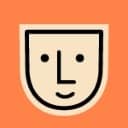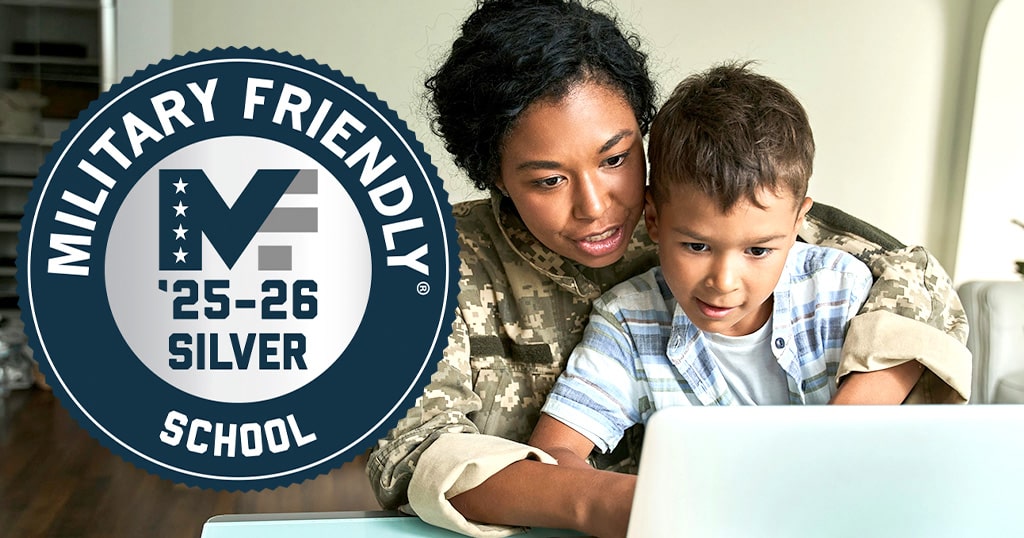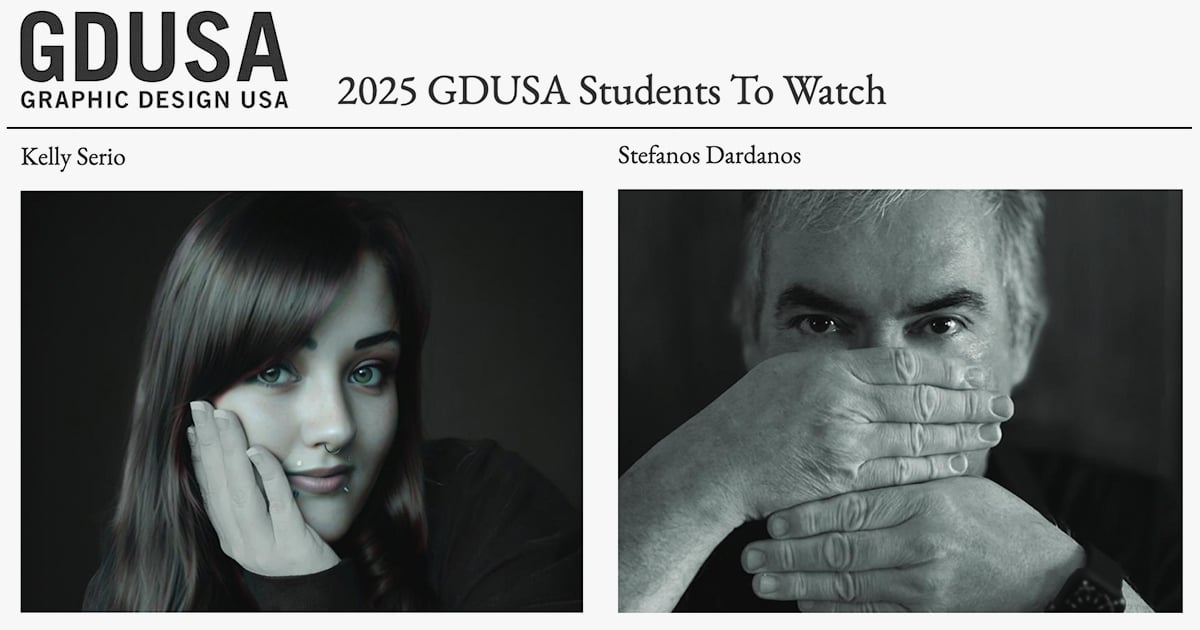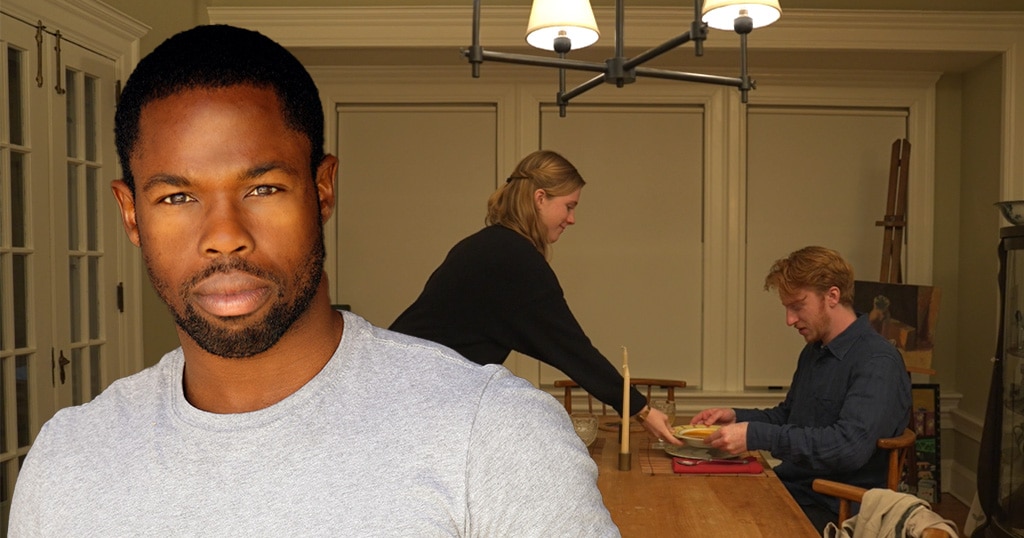Advisory Board Sessions: Adapting to the Web Design Industry Today

Chelsea is web technologist who brings over 10 years of experience in UX Design and Consulting. She has helped 30+ early stage startups with ideation, branding and business design, to rapidly create user validated product and application solutions.Chelsea is the founder and designer of her own startup Lifelite.org, an emergency response technology with hardware and software components to help save lives.
Q: How has employment in your industry changed during the COVID-19 pandemic? What type(s) of companies are hiring now?
Large companies, because they have money still, are currently hiring for in house design departments. There are lots of options for remote work as the pandemic has helped make that okay, and employers realize they can recruit cheaper talent in other states.
I would say the industry has shifted back to preferring to hire over using contractors, however with inflation rising and lots of belt tightening happening, you could see a shift back to contractors in the following positions: UX Designer, Content Designer (new), Brand Designer, Graphic Designer, and Multi-Media Designer.
There isn’t much “security” right now as the industry is so volatile right now. I do see a shift from the traditional “Graphic Designer” to a new job title of “Content Designer.”
Q: What advice do you have for an entry-level job applicant regarding the job search and interview process right now? How can they stand out from the crowd?
Don’t be afraid to share your personality, but keep it professional. Ask questions in line with your moral compass at the interview; you want to have a good match.
For example, ask questions about diversity and inclusion. If you are being interviewed by all white males, maybe ask what percentage of leadership is women and minorities. They also want to hear why you want to work at their company, so brush up on the company mission before your interview and think about how you might embody that mission and how it could reflect in the work you do.
You might have to do more work at first until you can figure it all out. The first six months at any new job will be hard, and then it will get easier as you settle in and know your work, expectations, and routine. Don’t get too comfortable, and be early to meetings and work to be prepared and show you are engaged and ready to work.
Be an active seeker of answers. Try to find the answer on your own first, but don’t burn a ton of hours if you can’t figure it out—ask for help. Take workplace security and file security seriously, as no one wants their intellectual property walking around or out the door.

Q: What software or technical skills are in demand? What about art skills or social skills?
Designers who are producing web content should have a range of software skills on their resume: Figma, Sketch, Procreate, Adobe XD, Adobe Photoshop, Adobe Illustrator, Google Docs, Microsoft Office, and a basic understanding of HTML Prototyping tools. In addition to front end coding skills, experience in illustration, animation, and video editing can be useful.
The candidates who have art skills you can easily see, and I choose them first. It’s important to know the historical context for art and graphic design, otherwise you risk offending someone because maybe you don’t have previous cultural knowledge. I think the drawing skills really just help the student figure out what kind of artist or designer they want to be. You either have it and you like it or you don’t. But if you don’t do it, you won’t know.
Personal skills can also be important: the ability to improvise, set boundaries and expectations, and work with others. Accountability and self management are important for remote workers. Companies value workers with these skills:
- Social skills: Recognizing basic social norms and cues
- Communication skills: Communicating and listening with intent
- Design process and iteration: Working through an idea with feedback
- Mockups/Wireframing and prototyping: Demonstrating an idea
- Problem solving: Finding a way forward
- Critical thinking and curiosity: Overcoming unfamiliar challenges
Q: What kind portfolio should a graduate expect to present?
Be prepared to present your work online via zoom or other in-person on-screen presentation.
Graphic Design grads should have experience in logo and branding design, content creation, animation and apparel. UX/Web Design grads should have a portfolio with 5-8 web design projects, examples of flow app or mobile design, flow logos, branding application apparel, and marketing applications.
Candidates will be judged based on their ability to talk about the work, define the client goal, and explain how they arrived at solutions. Also important: How happy are they with the work? Is it any good? Does it reflect what they said?
Visit sessions.edu for more information on applying for online degree and certificate programs in web design. The Sessions College Advisory board is a veteran group of design industry educators and hiring managers. In an annual series of meetings and interviews, our Advisory Board conducts a workplace assessment and program review to ensure our programs keep adapting to changes in the market.

Sessions Staff is a restless soul who loves to share relevant news and design industry information with current and prospective students. Read more articles by Sessions Staff.
RECENTLY ON CAMPUS

























 What Photoshop’s new AI Tools Mean for the Creative Community
What Photoshop’s new AI Tools Mean for the Creative Community
 Gaining Confidence and Working with Clients
Gaining Confidence and Working with Clients Exploring the Artistry of Filmmaking
Exploring the Artistry of Filmmaking